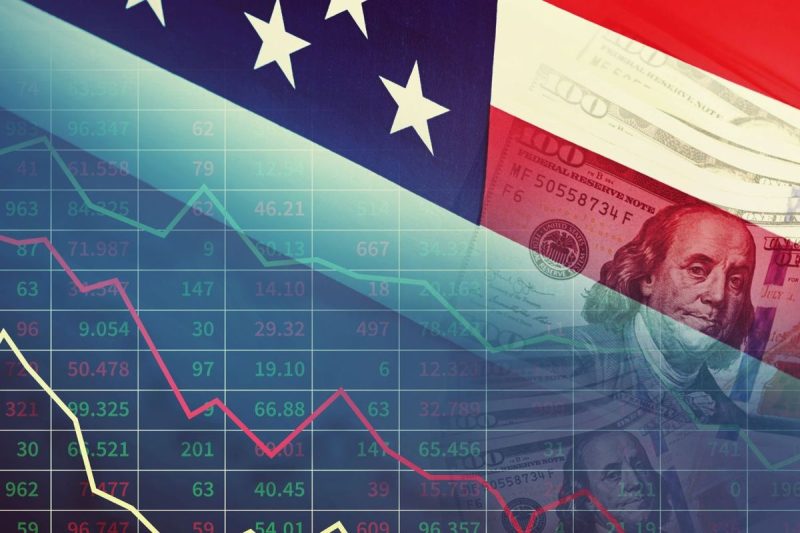Oil prices plummeted over 6 percent on Monday (June 23) as Iran launched a missile strike on a US military base in Qatar in retaliation for American airstrikes on Iranian nuclear facilities.
Reuters reported that Brent crude futures dropped US$4.90, or 6.3 percent, to settle at US$72.19 per barrel, while US West Texas Intermediate (WTI) crude slid US$4.60, or 6.2 percent, to US$69.23 per barrel.
The sharp declines followed initial spikes of nearly 5 percent on Sunday (June 22) evening, after US President Donald Trump confirmed that American forces had “obliterated” key Iranian nuclear sites in a joint response with Israel.
Despite dramatic headlines and a week of mounting hostilities, Iran’s retaliation against the US appears to have been designed to avoid triggering a full-scale energy crisis.
Tehran targeted the Al Udeid Air Base in Qatar, the largest US military installation in the Middle East, and claimed it matched the number of bombs used by the US — a move analysts say may signal a desire to limit escalation.
“It is somewhat the lesser of the two evils. It seems unlikely that they’re going to try and close the Strait of Hormuz,” Matt Smith, lead oil analyst at data and analytics firm Kpler, told Reuters.
The Strait of Hormuz, through which around 20 percent of the world’s oil supply flows daily, has long been seen as a flashpoint in Middle East conflict scenarios. Iran’s parliament has reportedly approved a measure to close the vital waterway, but implementation would require a nod from Iran’s national security council.
Experts have noted that such a move could prove harmful for Iran, which relies on the strait to export oil.
Oil prices face volatility
Oil traders initially braced for the worst as futures soared to five month highs on fears of supply disruptions.
Brent briefly touched US$81.40 before swiftly tumbling nearly US$9, while WTI reversed from US$78.40 to under $70 by Monday afternoon. The selloff was driven by relief that oil infrastructure was not targeted, as well as broader market optimism that hostilities may not spiral further — at least not yet.
Even so, shipping data indicates growing unease.
At least two oil supertankers made U-turns near the Strait of Hormuz following the US strikes.
The Coswisdom Lake and South Loyalty reversed course before ultimately entering the Persian Gulf, illustrating the caution with which commercial operators are treating the volatile region.
Market participants watch and wait
Oil’s tumble offered a temporary reprieve to global equities.
The S&P 500 (INDEXSP:INX) rose 0.7 percent by mid-afternoon, while the Dow Jones Industrial Average (INDEXDJX:.DJI) gained 269 points. The Nasdaq Composite (INDEXNASDAQ:.IXIC) was up 0.8 percent as investors speculated that Iran’s restrained retaliation might mark a turning point — or at least a pause — in the military escalation.
“The key question is what comes next,” analysts at S&P Global Commodity Insights wrote in a note, as reported by the Financial Times. “Will Iran attack US interests directly or through allied militias? Will Iranian crude exports be suspended? Will Iran attack shipping in the Strait of Hormuz?”
Meanwhile, Trump took to his Truth Social platform to urge increased domestic production in an effort to suppress oil prices, posting: “To the Department of Energy: DRILL, BABY, DRILL!!! And I mean NOW!!!”
Earlier in the day, the president warned oil producers: “EVERYONE, KEEP OIL PRICES DOWN. I’M WATCHING! YOU’RE PLAYING RIGHT INTO THE HANDS OF THE ENEMY.”
Trump’s concern underscores the political stakes of rising energy costs. Though oil prices have climbed around 10 percent since Israel’s initial strike on Iran 10 days ago, they remain below their January levels.
As oil markets brace for the next move, one thing is clear: while a major supply disruption has been avoided — for now — any shift in Tehran’s strategy could send prices spiraling again.
“So far, not a single drop of oil has been lost to the global market,” said Bjarne Schieldrop of SEB. “But the market is still on edge awaiting what Iran will do.”
Securities Disclosure: I, Giann Liguid, hold no direct investment interest in any company mentioned in this article.

